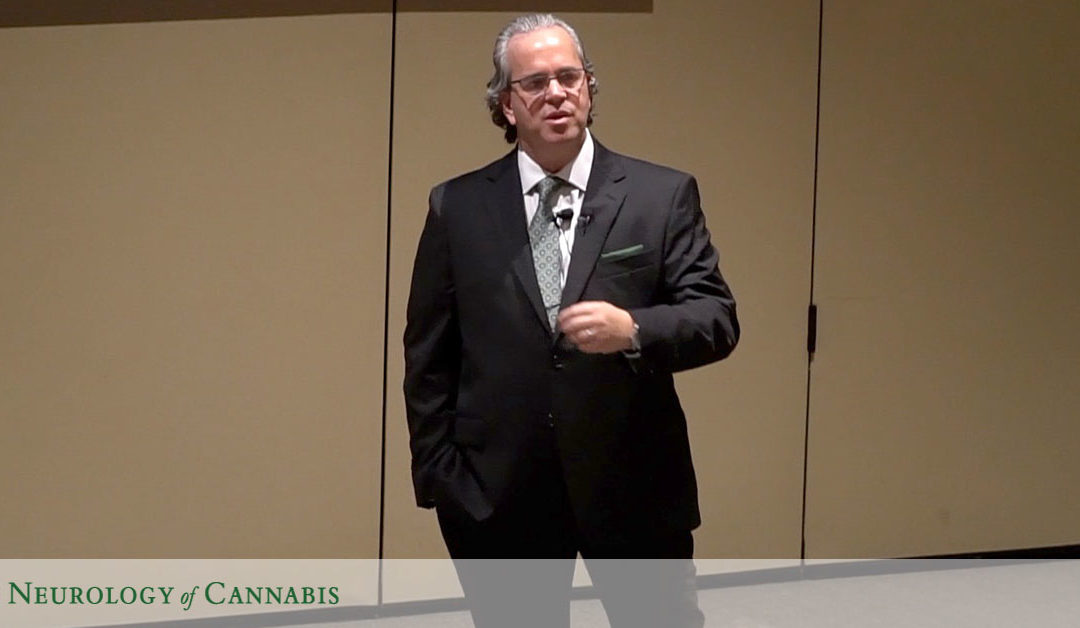As an industry, the medical cannabis testing sector is expected to grow exponentially over the next five years, reaching $1.2 billion in revenue by 2026. This news comes from a Global Market Insights report, which indicated that the striking rise in demand is subsequently causing an increase in stringent government policies and protocols regarding said testing. As more states legalize medical cannabis – there are 36 onboard at last count – the industry outlook continues to grow rosier by the day; as more states legalize cannabis for medical and recreational purposes, the need for precise testing will grow even more.
The acceptance of medical cannabis as not only a viable but preferable form of treatment by many is propelling the need for more and better testing of the product. Still considered to be in its early years of adoption, the testing sector foresees many healthy years ahead. The sector tests for potency and safety – screening for pesticides, cannabinoids, terpenes, residual solvents (such as fertilizers), and heavy metals. Also, R & D by various research institutes is focusing on new applications for medical cannabis, above and beyond how it is being utilized today.
Tech Advancements Spur Cannabis Testing
To date, the cannabis testing market has been divided into two camps – spectroscopy and chromatography. Spectroscopy utilizes light across the electromagnetic spectrum, while chromatography involves separating a substance by passing it through a solution or vapor to identify components. The chromatography method has held the lion’s share of the market throughout 2019 and 2020. It is expected to continue leading the testing industry due to the fast and accurate results derived from these tests.
Potency Testing in High Demand
Of all the testing necessary, perhaps none is more in demand than that of potency testing. This test analyzes a specific product, measuring concentrations of compounds like CBD and THC – both of which have been proven to have medicinal benefits. Knowing the potency helps physicians and dispensaries recommend treatment for specific ailments and assists individuals who prefer more or less THC, for example. Potency is critical for dosage, and correct labeling of products is required for the most effective treatment plans. Testing for potency is also useful in obtaining certification.
Dispensaries that display a high degree of cannabis testing and can guarantee accurate and consistent dosing and potency are likely to retain and grow their customer base. Those dispensaries which are inconsistent with their potency claims will likely suffer in the long run. For the most part, consumers demand to know exactly what they are ingesting – as they well should. The most reliable dispensaries will make the testing results available to consumers. The results are contained in a Certificate of Analysis or COA. Ask for the COA of any given product and review the results to learn more.
As the medical cannabis market grows, most agree that progressively potent products will likely be in demand, thus pushing the testing market into even more aggressive growth territory.
How to Begin Medical Cannabis Treatment
You may wish to consider medical cannabis as an alternative treatment option to pharmaceutical drugs. Your first step is to call a qualified physician to discuss your overall health, the condition you are experiencing, and how cannabis may help. The physician will help you obtain a medical marijuana card, which will allow you to purchase medical cannabis from a dispensary once you have a recommendation. Look for a dispensary that provides information on their quality testing to help you make the most informed choices about your health and treatment.
Dr. Daniel P. Stein of Neurology of Cannabis is one of the country’s leading authorities on medical cannabis treatment. A renowned neurologist and celebrated speaker and educator, Dr. Stein has made it his life’s mission to introduce people to the safe and natural benefits of utilizing medical cannabis.

